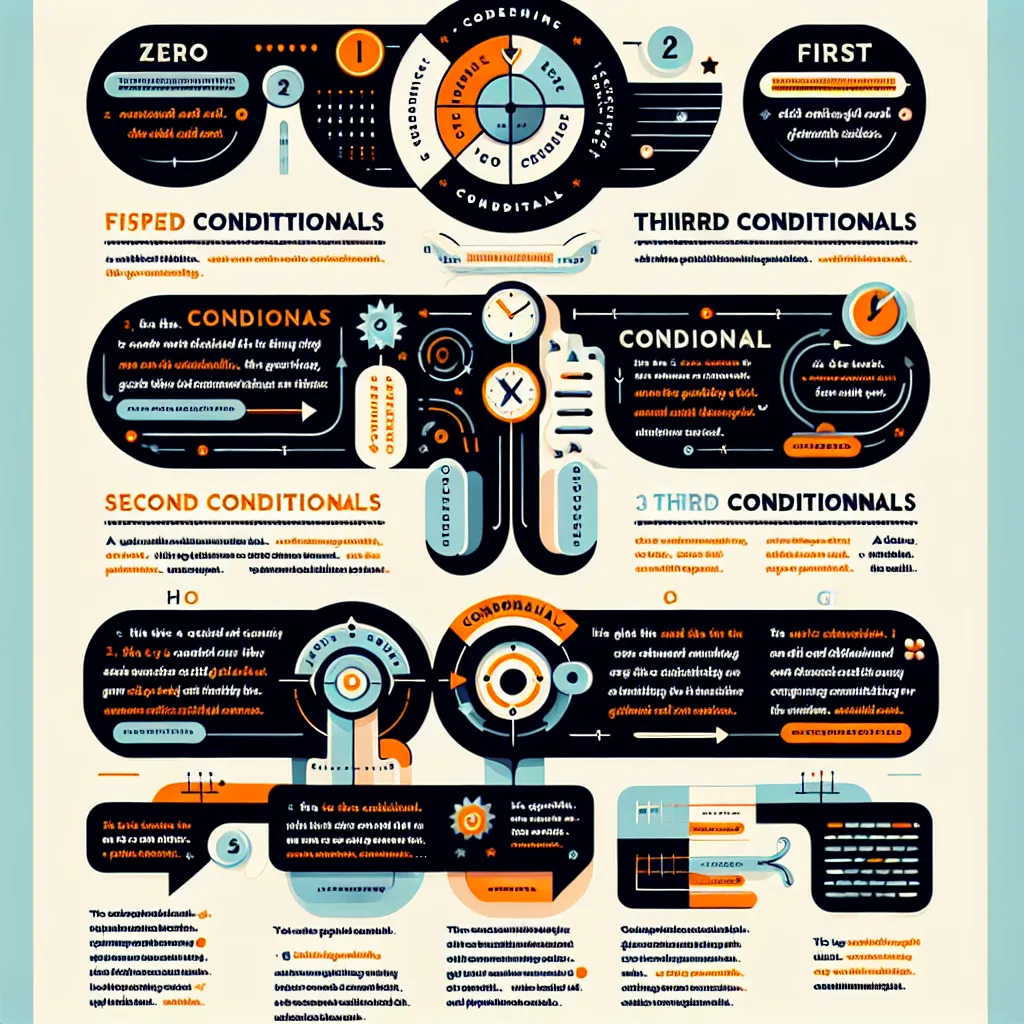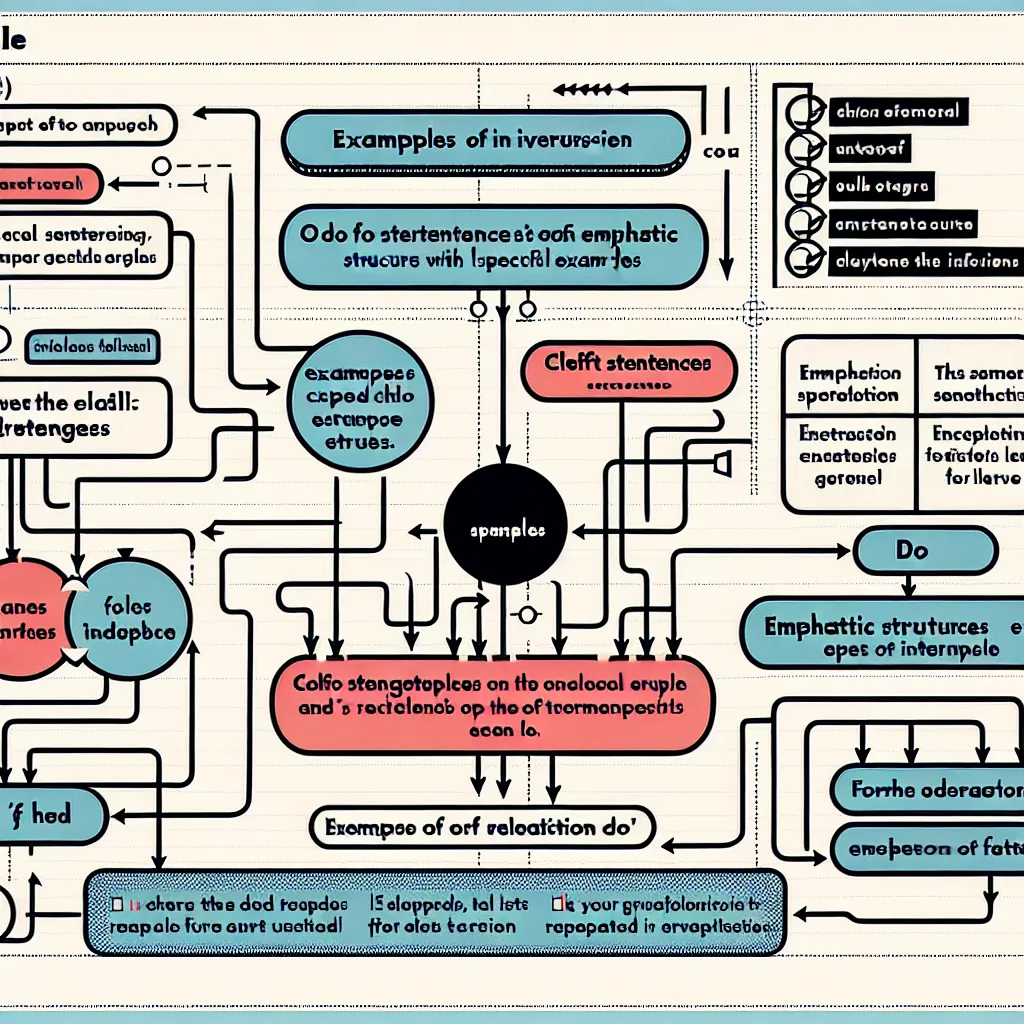Negotiation is a critical skill in both personal and professional spheres, and mastering advanced grammar can significantly enhance your ability to communicate effectively in these high-stakes situations. This article will explore the intricacies of Advanced Grammar For Negotiation Skills, providing you with the tools to articulate your thoughts precisely and persuasively.
Understanding the Importance of Advanced Grammar in Negotiations
Negotiations often involve complex ideas and nuanced positions. Advanced grammar allows you to express these concepts clearly and convincingly. By employing sophisticated language structures, you can:
- Convey confidence and expertise
- Avoid misunderstandings
- Present arguments logically and coherently
- Adapt your language to different cultural contexts
 Advanced Negotiation Skills
Advanced Negotiation Skills
Key Grammatical Structures for Effective Negotiation
-
Conditional Sentences: These are crucial for discussing hypothetical situations and potential outcomes.
Example: “If we were to increase our order by 20%, would you be willing to offer a 15% discount?”
-
Modal Verbs: These help in expressing levels of certainty, possibility, and obligation.
Example: “We could consider a long-term contract if you can guarantee consistent quality.”
-
Passive Voice: Useful for maintaining a diplomatic tone and focusing on actions rather than actors.
Example: “It has been decided that the delivery date will be extended by two weeks.”
-
Subjunctive Mood: Essential for expressing wishes, suggestions, and hypothetical situations.
Example: “I suggest that we reconvene after both parties have had time to review the proposal.”
-
Complex Sentence Structures: These allow for the articulation of intricate ideas and relationships between concepts.
Example: “While we appreciate your offer, we believe that a more equitable arrangement would involve a gradual increase in commitments over the first year of our partnership.”
Applying Advanced Grammar in Negotiation Scenarios
To truly master advanced grammar for negotiation skills, it’s essential to practice applying these structures in context. Let’s explore some specific scenarios:
1. Making Polite Requests and Suggestions
Use indirect language and modal verbs to soften requests and make suggestions more palatable.
Instead of: “Give us a better price.”
Try: “Would it be possible for you to reconsider your pricing structure?”
2. Expressing Disagreement Diplomatically
Employ hedging language and complex sentence structures to disagree without causing offense.
Example: “While we understand your position, we feel that there might be alternative approaches that could better serve both our interests.”
3. Negotiating Terms and Conditions
Utilize conditional sentences and the subjunctive mood to discuss potential agreements.
Example: “Should you agree to our proposed timeline, we would be prepared to offer more favorable payment terms.”
 Diplomatic Language in Negotiation
Diplomatic Language in Negotiation
4. Clarifying and Summarizing Points
Use complex sentence structures and linking words to clearly articulate and recap key points.
Example: “To summarize our discussion, we’ve agreed on the delivery schedule, pending confirmation of the quality standards, which we expect to receive by next Friday.”
Common Pitfalls to Avoid
When using advanced grammar in negotiations, be wary of these common mistakes:
-
Overcomplication: While sophisticated grammar can be impressive, clarity should always be your primary goal.
-
Inconsistency: Maintain a consistent level of formality throughout the negotiation.
-
Cultural Insensitivity: Be aware that some grammatical structures may be perceived differently across cultures.
-
Ambiguity: Ensure that your use of advanced grammar doesn’t introduce unintended ambiguity into your statements.
Enhancing Your Negotiation Grammar Skills
To improve your mastery of advanced grammar for negotiations, consider the following steps:
-
Study Authentic Materials: Analyze transcripts or recordings of successful negotiations to observe grammar usage in context.
-
Practice Active Listening: Pay attention to how others use grammar effectively in negotiations and emulate their techniques.
-
Role-play Scenarios: Engage in mock negotiations to practice applying advanced grammar in real-time situations.
-
Seek Feedback: Ask colleagues or mentors to critique your language use in negotiation settings.
-
Continuous Learning: Stay updated on language trends and evolving business communication norms.
For more insights on improving your grammar in professional contexts, you might find our article on how to improve grammar in negotiation documents helpful.
Conclusion
Mastering advanced grammar for negotiation skills is a powerful way to enhance your persuasive abilities and achieve better outcomes in both business and personal interactions. By carefully constructing your language, you can convey complex ideas clearly, maintain a professional tone, and navigate delicate situations with finesse.
Remember, the goal is not to complicate your language unnecessarily, but to use grammatical structures that allow you to communicate with precision and impact. As you continue to refine your negotiation grammar skills, you’ll find yourself better equipped to handle a wide range of negotiation scenarios with confidence and clarity.
To further enhance your communication skills in professional settings, consider exploring our guide on advanced grammar for international communication. This resource can provide additional insights into using sophisticated language structures across diverse global contexts.




